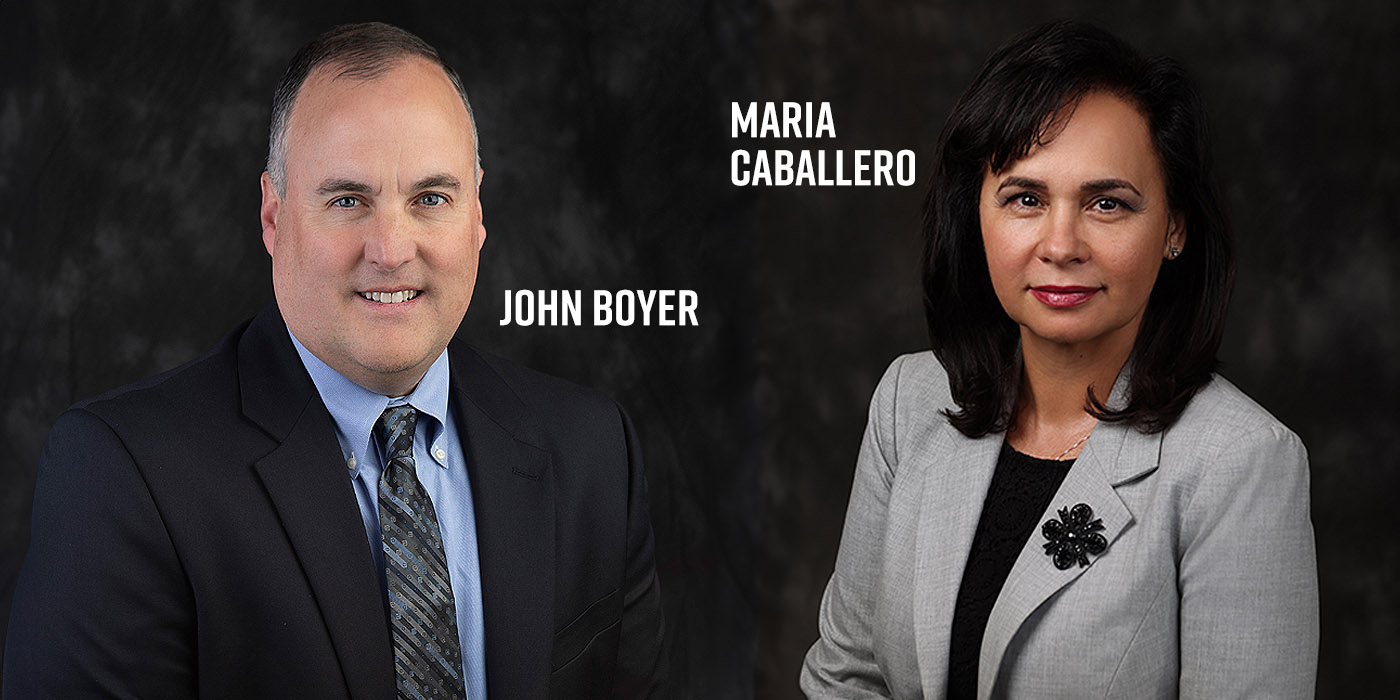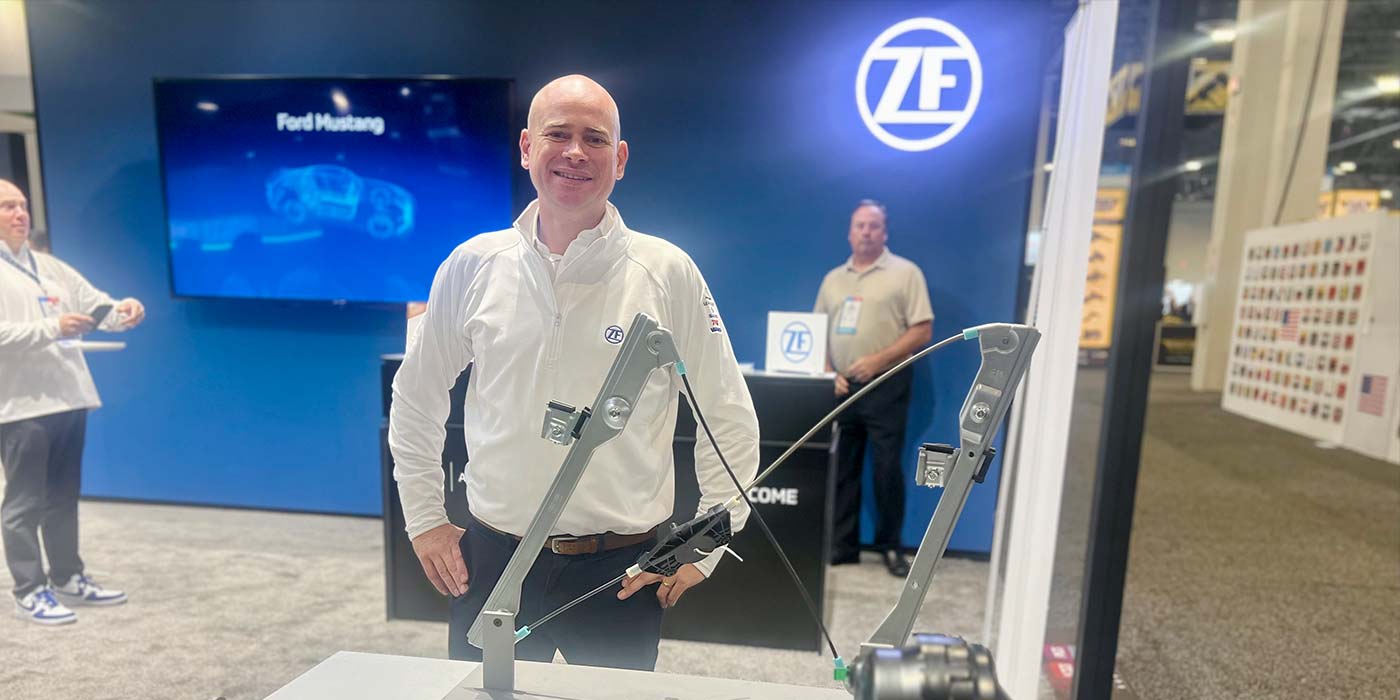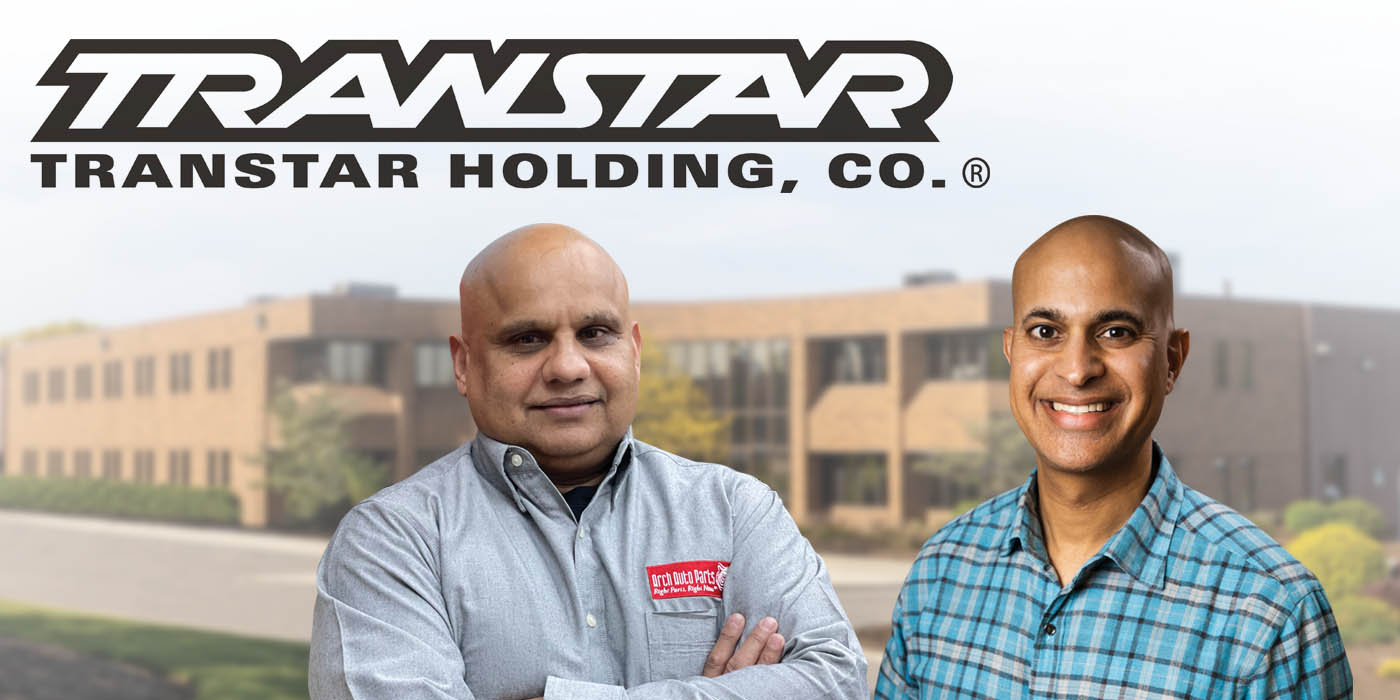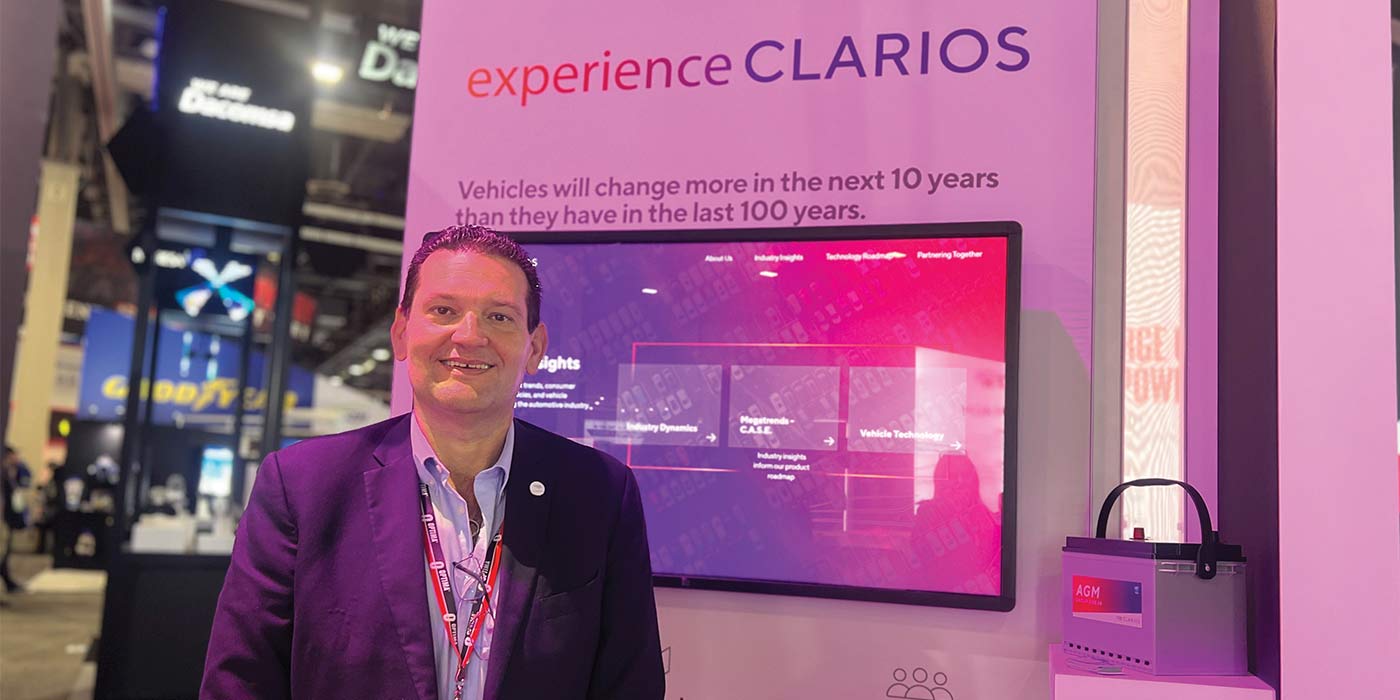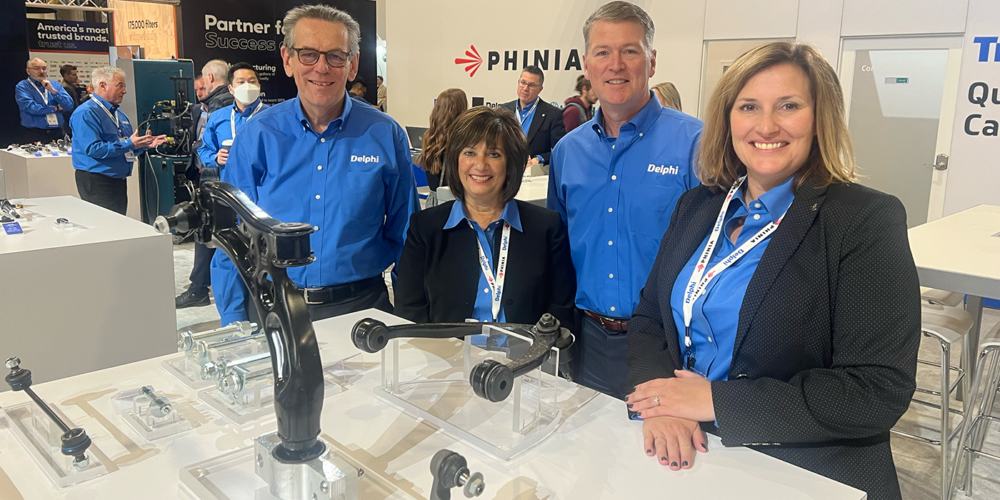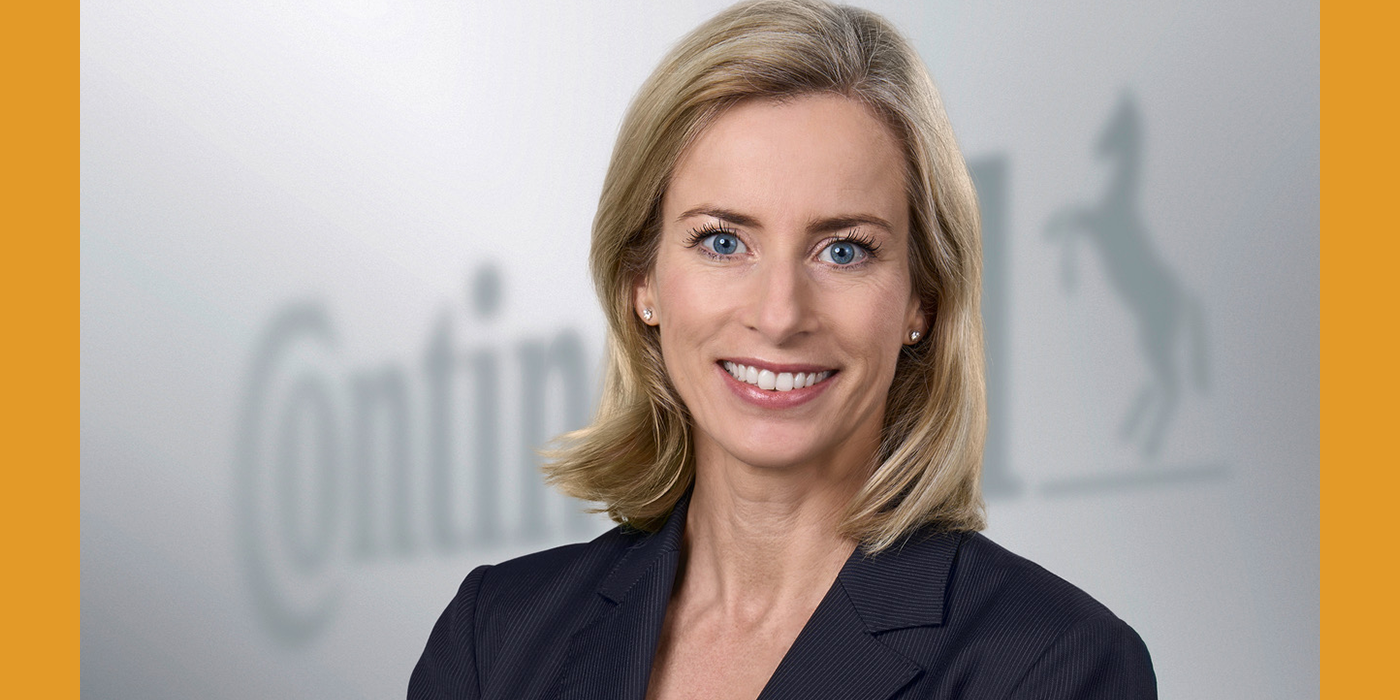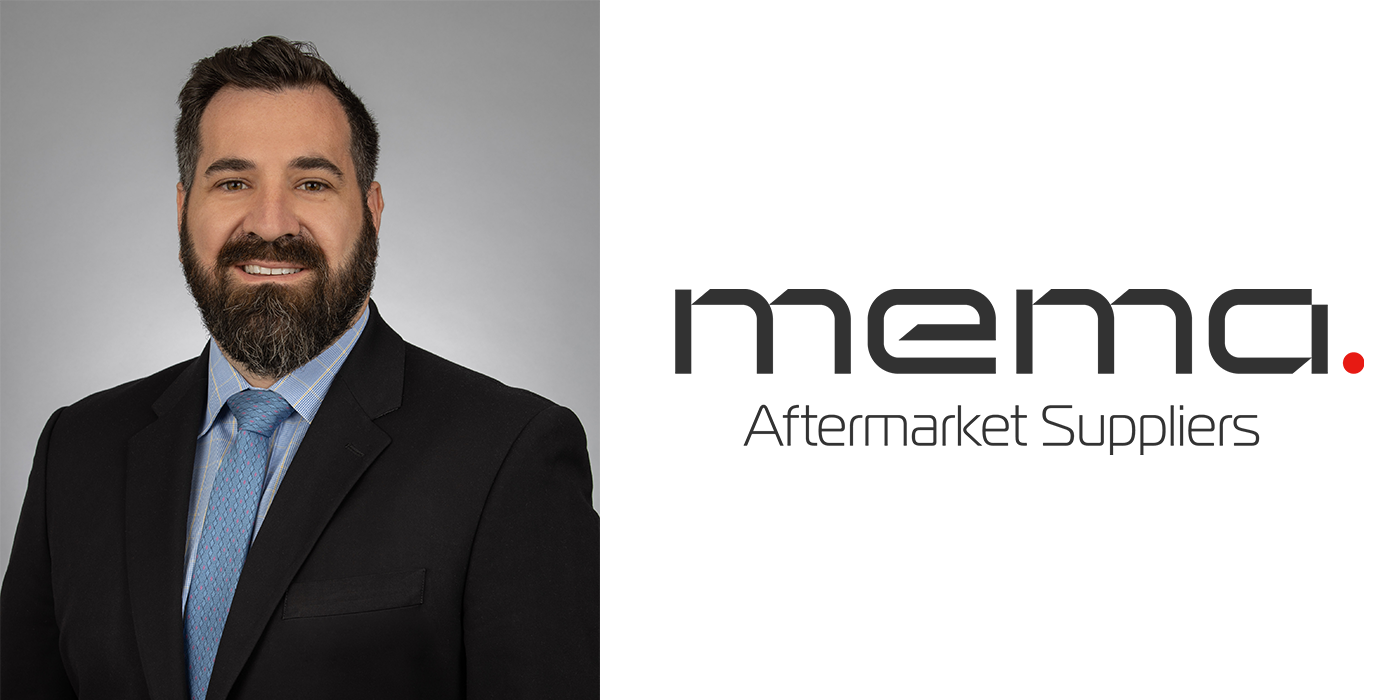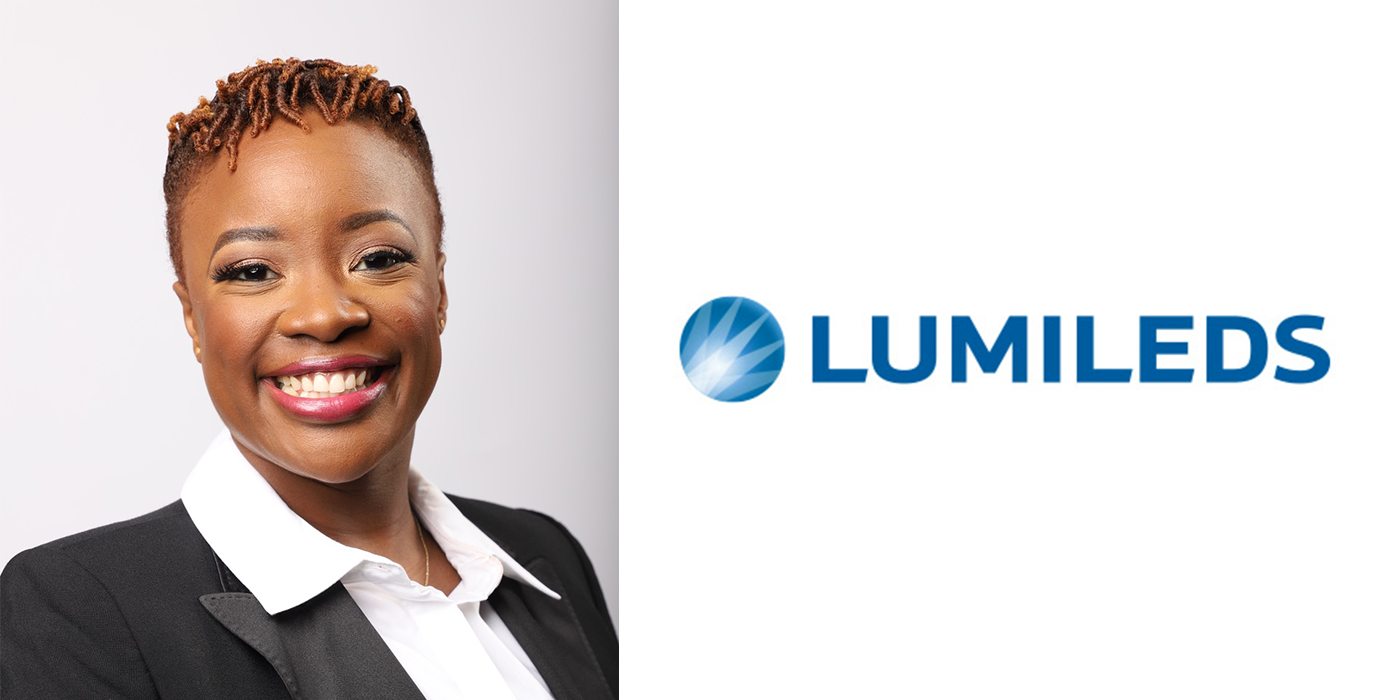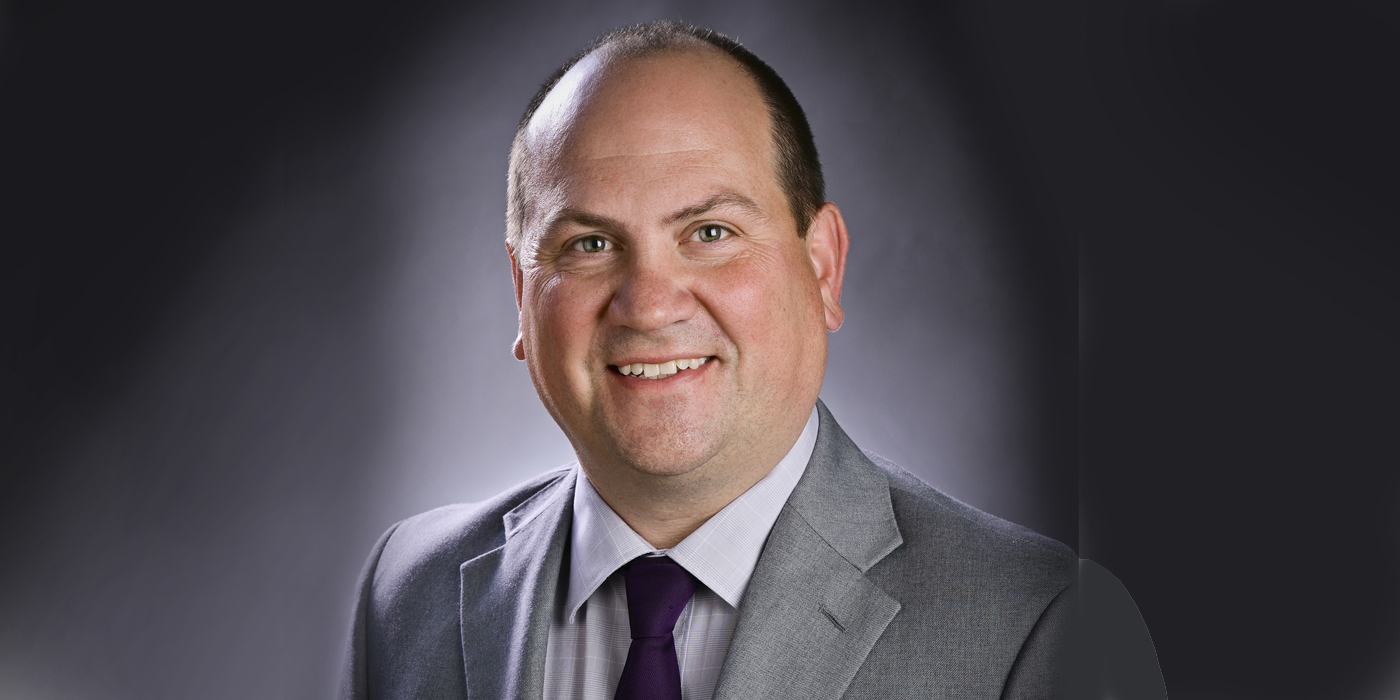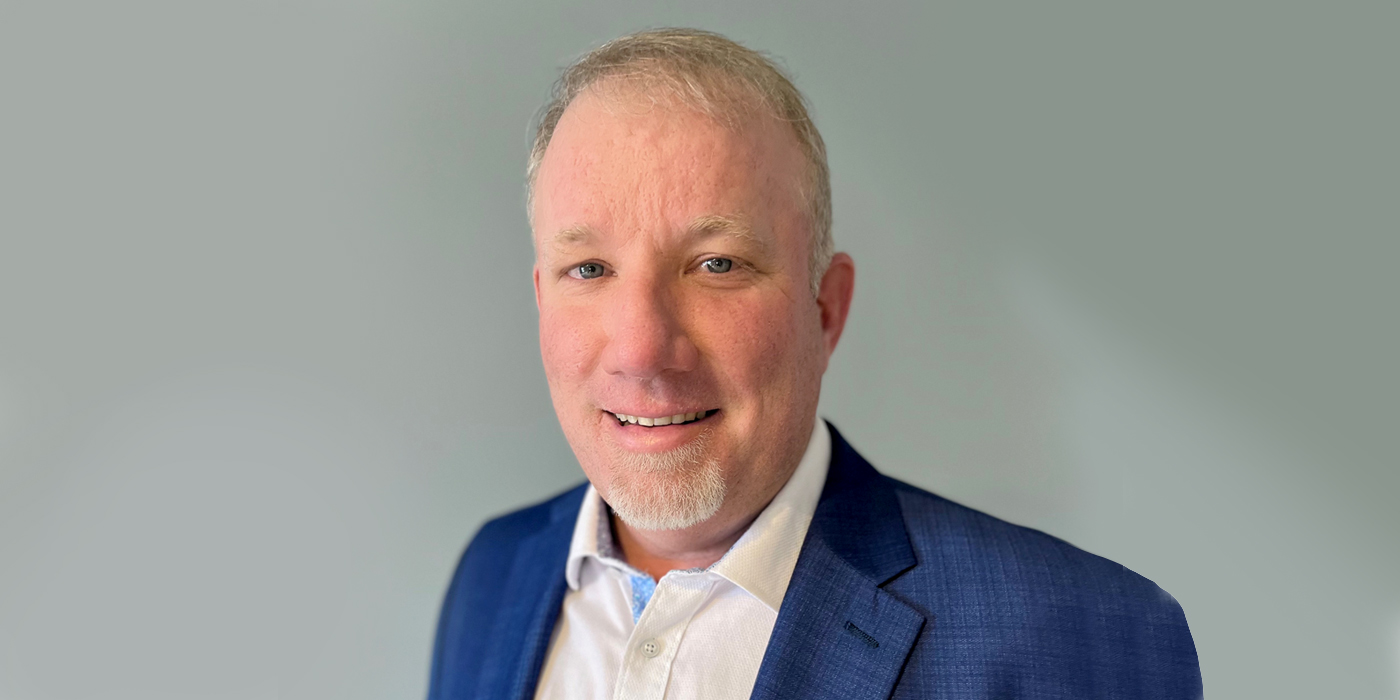Gregory Flake is president of Crowne Group LLC, the Cleveland, Ohio-based manufacturer of automotive original equipment and replacement components and industrial products. Crowne recently completed the acquisition of the Carter Fuel Systems business, and Flake is overseeing the launch of new programs and products offered under the Carter brand. Prior to joining Crowne, Flake was a general manager at Federal-Mogul Corp. in Southfield, Mich. Today, Flake brings us up to speed on the changes that have taken place as a result of the acquisition. 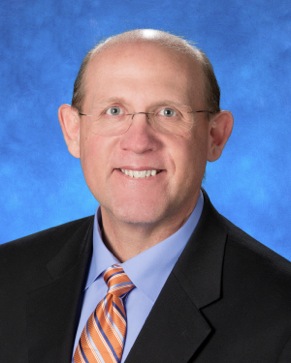
Carter is now a standalone company with U.S.-based engineering and manufacturing operations. Can you bring us up to date on what has changed within the organization and what, if any, changes your customers will see?
Carter Fuel Systems is in a very strong competitive position as a standalone enterprise. As part of the Crowne Group, we have excellent capitalization and a commitment to long-term growth within the North American original equipment and replacement markets as well as an emerging presence in Europe. More important, we have a heritage of outstanding product quality thanks to our OE and aftermarket engineering and manufacturing operations in Logansport, Indiana. Our management team is actively engaged with customers to share our plans for NPI (new-part introduction) acceleration and increased brand awareness at the service dealer level. Our channel partners are pleased to see that Carter has the resources and vision needed to become the No. 1 brand in the fuel delivery category.
Carter is obviously one of the industry’s most enduring brands. As the new Carter Fuel Systems organization moves forward, what are the strengths you plan to build on?
Our first order of business following the acquisition was to get face-to-face with our customers to share our plans and learn what they need to increase their share of the fuel delivery category. Almost without exception, these customers told us that Carter quality has never been better, but they needed a renewed focus on coverage, cataloging and marketing support. Anyone who visits our Logansport facilities can see that our manufacturing and quality management processes are second to none. We will leverage these capabilities to a much greater extent as we accelerate our new-part introductions. Finally, you’re right that Carter is one of the strongest brands in the business; generations of automotive professionals and do-it-yourselfers have relied on Carter products to maximize the performance and reliability of millions of domestic and foreign nameplate vehicles. We’re now in the process of reintroducing technicians and consumers to the impressive benefits of Carter Technologies.
There has been a lot of news recently about “limited lifetime” warranties in the fuel systems category. How does Carter’s warranty compare, and what should distributors and, most important, technicians consider when assessing a supplier’s quality guarantee?
The Carter warranty is as strong if not much stronger than any other quality guarantee in the fuel systems category. Limited lifetime coverage is hardly new to this product segment; Carter has always stood behind its channel partners in addressing returns issues from professionals and consumers. But the fact is our quality achievements of the past several years have far surpassed those of suppliers that are relying more and more on outsourced products from offshore manufacturers. Our approach has been to increasingly rely on our own U.S. based engineering and production capabilities, which has had a dramatic effect on customer satisfaction and loyalty. So, when you read about a limited lifetime warranty, ask yourself if your customers should even have to worry about performing a repeat repair due to a pump quality issue. Any failure, and the resulting comeback, is extremely damaging to the shop’s reputation and bottom line. With
Carter, you can be certain that your part will offer the quality, fit, function and overall durability you need to solve the problem the first time.
Fuel components – and products in many other categories – are now coming into North America from all over the world. What is your sense of the level of acceptance of “offshore” product by professional technicians – particularly in the fuel segment?
I’m not sure whether shop owners and technicians are aware of the extent to which some manufacturers outsource production, but I can tell you that our research shows they overwhelmingly prefer fuel delivery products that are designed, engineered, validated and manufactured in North America. We believe our commitment to U.S.-based engineering and manufacturing is an important competitive advantage that helps add confidence to every fuel systems repair.
This also enhances supply chain performance and helps reduce required capital investments at every level of the channel.
What technology differences can and should a shop owner and technician consider when selecting one fuel delivery component over another? Are “OE fit, form and function” still the primary criteria?
The need to meet OE fit and form is beyond question, but shop owners and technicians need to go deeper when considering the quality and function of a given fuel pump. One of the chief concerns of repair professionals is the use of inconsistent designs across similar pump families. For example, some suppliers intermix roller vane and turbine pumps for the same module family in spite of the fact that Carter and the OE service channel have moved exclusively to turbine technology due to its reduced noise and increased durability. There are even differences among turbine technologies that deserve the customer’s attention: The use of turbine pumps with copper commutators has been shown to cause power loss when used with E10 fuel due to sulfur-related contamination. To prevent this issue, we use only a carbon commutator material in our gasoline pumps; the carbon is rated for E0 through E85, so it provides the extra margin of reliability needed to prevent a potential problem following the repair. Carter offers consistent pump designs that have been fully validated on the vehicle and in dynamometer testing to ensure we offer only the most reliable product and best value for our customers … and their customers.


